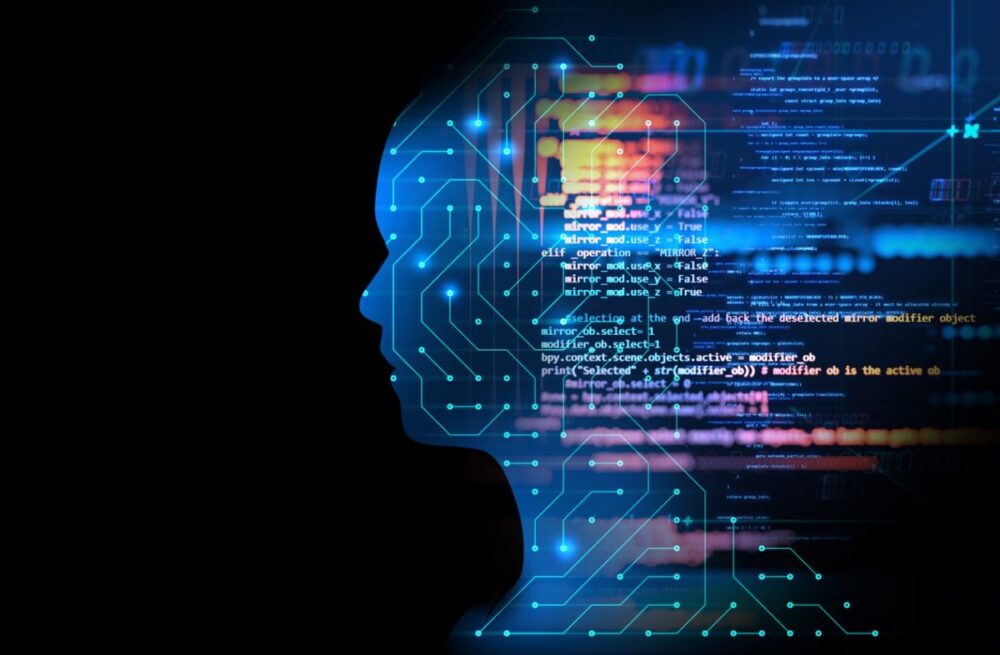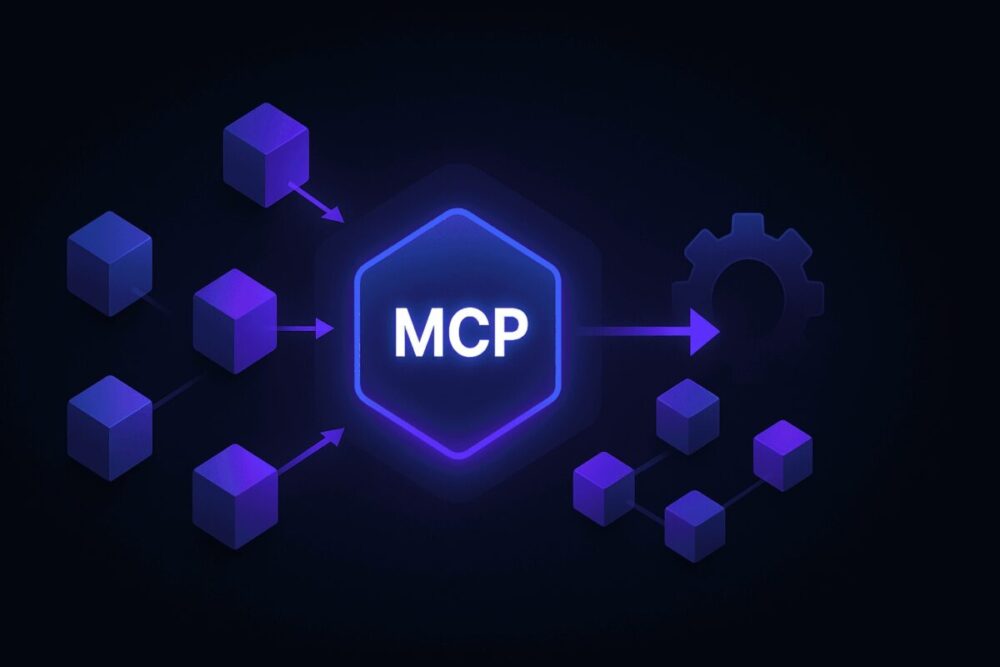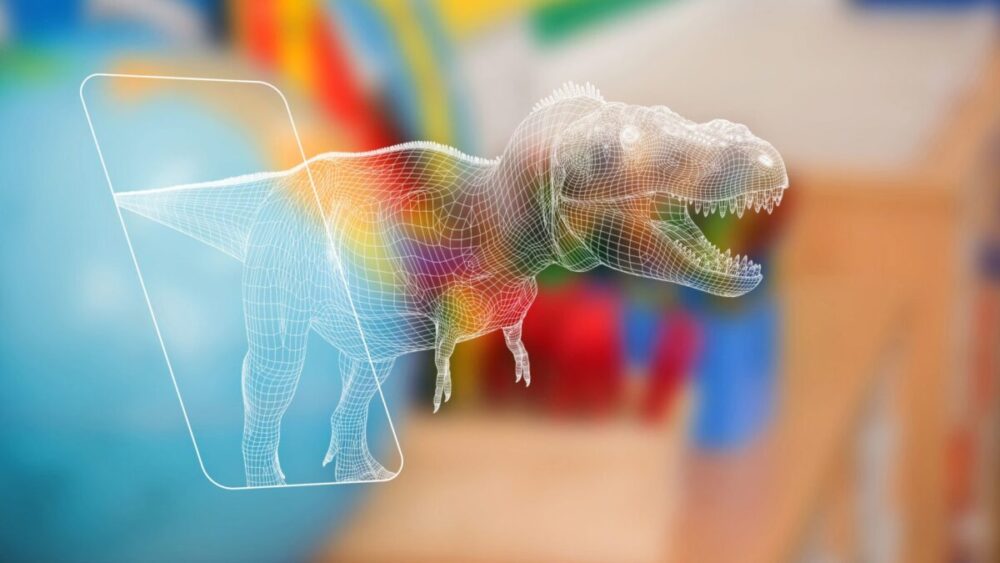AI tool development is advancing rapidly, offering significant benefits and facing new challenges.
Let us talk about both concepts.
Generative Innovations

Generative AI has become a dominant topic in artificial intelligence discussions, transforming productivity and business processes.
Tools like ChatGPT exemplify this shift, showcasing how artificial intelligence can automate tasks, provide insights, and enhance human capabilities.
Developments in engineering, autonomic systems, and AGI (Artificial General Intelligence) are propelled by generative technologies.
Simultaneously, innovations like artificial intelligence simulation, AI TRiSM (Trust, Risk, and Security Management), causal, and foundation models are driving the evolution of generative.
The synergy between these advancements is creating a robust ecosystem that supports complex applications, transforming industries and setting new standards for what AI can achieve.
Companies are continuously exploring new ways to integrate these technologies, making AI an indispensable tool for modern business and technology landscapes.
Customized Chatbots
Tech giants are increasingly focusing on creating platforms that enable the development of custom AI models, enhancing user experience and business processes.
Customized chatbots are at the forefront of this trend, with multimodal capabilities of models like GPT-4 and Gemini unlocking new applications.
These advancements allow businesses to tailor their artificial intelligence tools to specific needs, improving customer service, operational efficiency, and engagement. The ability to integrate text, voice, and visual inputs makes these chatbots more versatile and effective in various scenarios.
For example, a customer service chatbot can now handle inquiries more efficiently by understanding and processing complex requests, and providing more accurate and helpful responses.
This customization extends to industries such as healthcare, finance, and retail, where tailored artificial intelligence solutions can address unique challenges and improve outcomes.
As these platforms become more accessible, we are likely to see a proliferation of highly specialized artificial intelligence tools across different sectors, further demonstrating the potential of AI in transforming business operations.
AI in Election Disinformation

AI-generated deepfakes and misinformation are emerging as significant concerns in the context of elections, particularly with the upcoming 2024 elections.
The proliferation of AI-generated content poses a threat to the integrity of electoral processes by creating realistic but false information that can mislead voters.
Efforts to track and mitigate AI-generated misinformation are still developing, with researchers and tech companies working on techniques to identify and counteract deepfakes.
This includes advancements in artificial intelligence detection algorithms, digital forensics, and public awareness campaigns to educate voters about the risks of AI-generated disinformation. The challenge lies in staying ahead of increasingly sophisticated artificial intelligence tools that can produce convincing fake content.
In this context, try free undress AI tool so that it can highlight the importance of testing and understanding artificial intelligence capabilities to develop effective countermeasures.
As AI technology evolves, collaboration between policymakers, tech companies, and the public will be crucial to safeguard the democratic process and ensure that AI is used responsibly in the political sphere.
Multitasking Robots

Inspired by generative artificial intelligence, roboticists are making strides in developing more general-purpose robots capable of performing a wide range of tasks.
Projects like DeepMind’s Robocat and RT-X exemplify this trend, showcasing robots that can learn and adapt to various functions without being explicitly programmed for each task.
These multitasking robots are designed to operate in dynamic environments, making them suitable for applications in industries such as manufacturing, healthcare, and logistics.
The integration of generative AI allows these robots to process complex data, make decisions, and perform actions that would typically require human intervention. For instance, a single robot could handle inventory management, perform quality control, and assist with packaging in a manufacturing setting.





